‘Pray for Gaza’: Iranian grassroots campaign uses Ramadan iftaars for Gaza solidarity
By Maryam Qarehgozlou
“‘Pray for the people of Gaza,’ I urged with every package of iftaar I distributed,” a young Iranian woman said while sharing her story of joining a solidarity campaign for the people in Gaza in Iran.
She was part of a group of good Samaritans who distributed iftaar to people in different Iranian cities as part of a campaign to raise awareness about the Israeli genocidal war against Palestinians in Gaza.
“A young woman and her two little daughters came up to me and took the small packets (of iftaar). They choked with emotions and said: ‘Sure, we will’.”
This year’s Ramadan, the holy month of fasting, came in the shadow of Israel’s genocidal onslaught on Gaza, killing more than 33,300 Palestinians already, the majority of them children and women.
The growing hum of Israeli drones and fighter jets, raining down bombs on civilians in the besieged territory, have dampened the joy of Eid festivities this year.
It is also a timely reminder that this is no normal and peaceful Ramadan and Eid for people in Gaza. Every day brings pain and trauma for them, which has only worsened since October 7 last year.
This year Ramadan came amid hunger and starvation due to the Israeli regime’s complete siege on the coastal territory, using starvation as a weapon of war against Palestinians, including children.
Gaza’s Health Ministry reported that as of April 1, 32 people, including 28 children, had died of malnutrition and dehydration at hospitals across the strip. The actual figure is not known though.
Against the backdrop of severe aid shortage, hunger, mass displacement and psychological trauma, ‘Heirs of Ramadan’, a grassroots campaign organized by a group of women in Tehran, decided to raise mass awareness about the dire humanitarian situation in Gaza.
With the start of Ramadan in Iran on March 13, the group which includes 30 graduates from Amirkabir University of Technology and pro-Palestine activists decided to invite people to “pray for the people of Gaza” at the time of breaking their fasts, with the aim of amplifying the voice of Palestinians.
“The idea came to our mind after [Hamas armed wing spokesman] Abu Obeida urged Muslims at the beginning of the month of Ramadan to pray for the victory of Palestinians,” campaign manager Fatemeh Karimi told the Press TV Website.
They launched the campaign by designing and printing simple labels which read: “At Iftar pray for innocent children of Gaza.” The labels were attached to the small bags containing dates.
“The dates symbolized how the starving people in Gaza do not have much, if anything, to look forward to at the end of each day after they break their fast,” Karimi stated.
Each bag was worth 30,000 Iranian Rials and in an initial fundraising campaign nearly 20,000,000 Rials were collected, she explained in a conversation with the Press TV website.
“In the first phase, we managed to print 15,000 labels and we were lucky because the Iranian New Year holidays were coming up (March 19-23) and undergraduates or postgraduates, who joined the campaign, were planning to go back to their hometowns and that’s how Heirs of Ramadan reached other provinces across the country,” she said.
“At that time we knew how many packages and where in the country they were distributed, but later, other people, who we did not know, joined the campaign and printed their own labels and attached it to other food items and distributed them in their towns and neighborhoods. We either saw the pictures on social media platforms or heard about them via our members.”
So far, she informed, more than 50,000 labels had been printed under the banner of their campaign.
Pictures of different food items, including raw food stuff like meat distributed among less fortunate or other types of warm meals such as bowls of cooked lentils with handwritten labels attached to them went viral on social media platforms affiliated with the campaign during the holy month.
People also started to anonymously share their feelings and experiences in online communities while preparing or distributing the iftaar packages.
“I put the dates in small bags, one by one, one for Hazem, one for Jamil, one for Alla, one for Muhammad … I run out of dates, but the list of Gaza martyrs goes on,…” wrote one user.
“We are preparing the packages… there are toddlers among us, and down in my heart I grieve mothers who cuddle the lifeless shrouded bodies of their children killed in the war,” wrote another user.
Maryam, a mother of three, who also joined the campaign, told the Press TV website that during Ramadan she and her children and their friends made packages on several occasions and she in turn explained to the children the importance of praying for the people in Gaza.
“My two daughters and thirteen of their friends gathered in our house, each bringing a box of dates with themselves, and prepared some packages and then distributed them in their neighborhoods,” she said.
“When we traveled to Mashhad, we assembled a group of children in the holy shrine of Ali al-Rida (AS), the eighth Shia Imam, and prepared packages with labels and distributed them among the pilgrims.”
According to Karimi, some of those who supported the campaign did not even know how it started or who started it, they just used the popular slogan of the campaign urging people to pray for Gaza.
In some mosques and holy shrines across the country, the campaign members went beyond distributing iftaar packets and put up banners that urged prayers for Gaza, she said.
Some members informed their friends and families about the campaign who lived in other parts of the world and that’s how Muslims in Canada, Denmark, Iraq, Russia and Kenya also got involved.
Karimi said they resolved to make Palestine a defining issue for the Muslim world, adding that the campaign sheds light on the importance of informing people about more than seven decades of Israeli occupation and atrocities against Palestinians and their struggle for the liberation of occupied lands.
“For many people, the campaign was a wake-up call to realize that they can take a step, however small, to do something for people of Gaza, and made some others realize that they can even take bigger steps,” she told the Press TV website.
US fighter aircraft shot down ‘in friendly fire’ amid aggression on Yemen
Yemeni FM: Israel’s sponsors accountable for ongoing aggression on Sana’a
Eight Palestinians killed as Israel attacks Gaza school, hospitals
VIDEO | Rome, Milan host new protests in solidarity with Palestinians
Dec. 21: ‘Axis of Resistance’ operations against Israeli occupation
Spain jurists demand ties with Israel ties be cut
VIDEO | Press TV's news headlines
VIDEO | Iran honors top Science Olympiad medalists


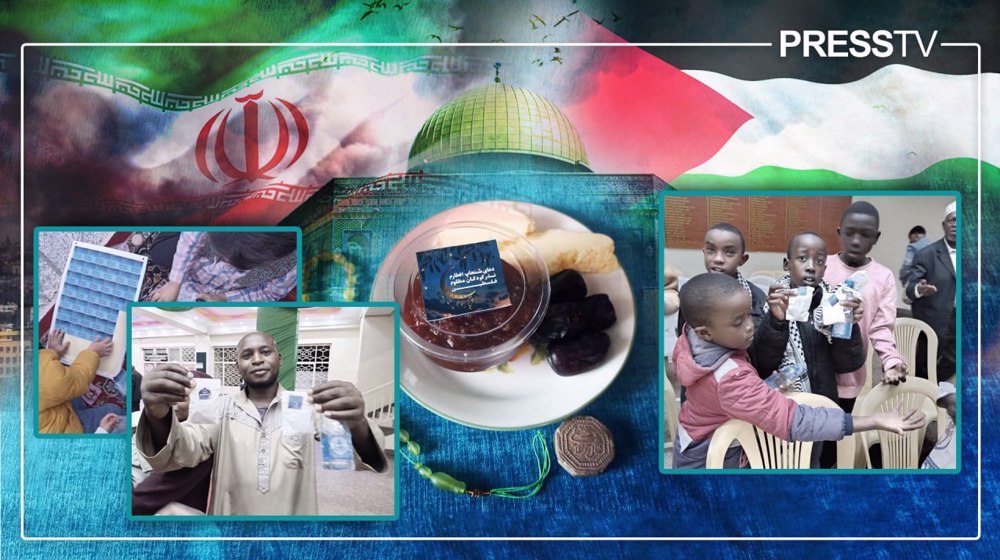
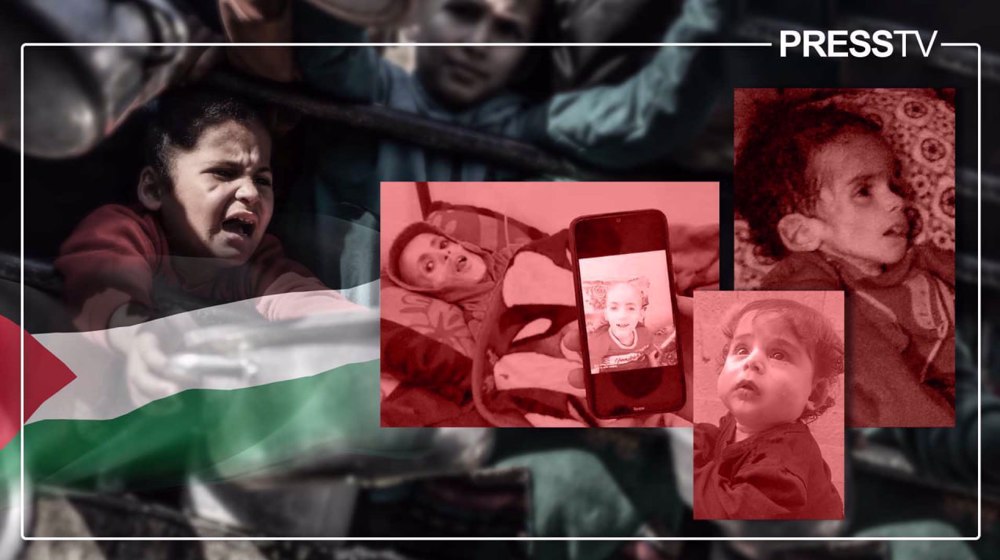
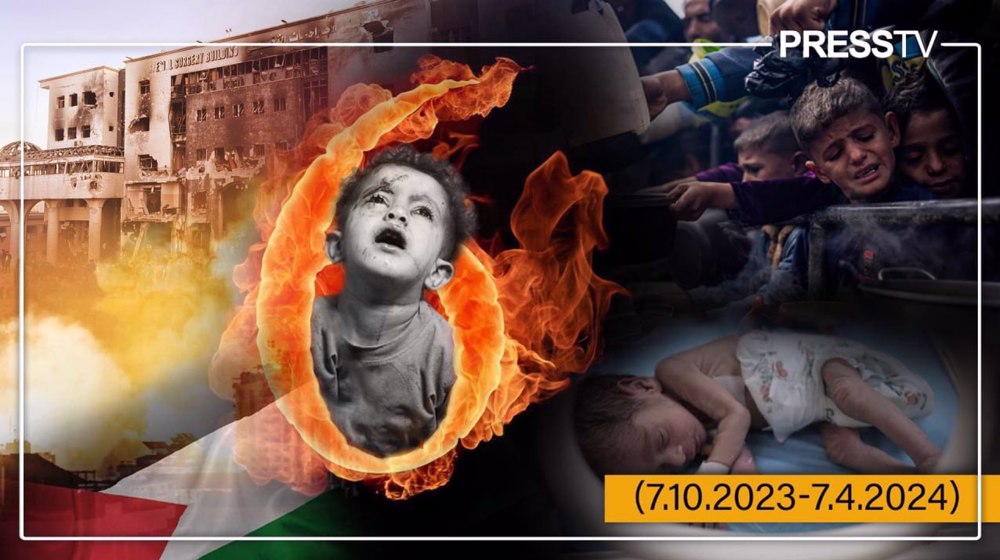
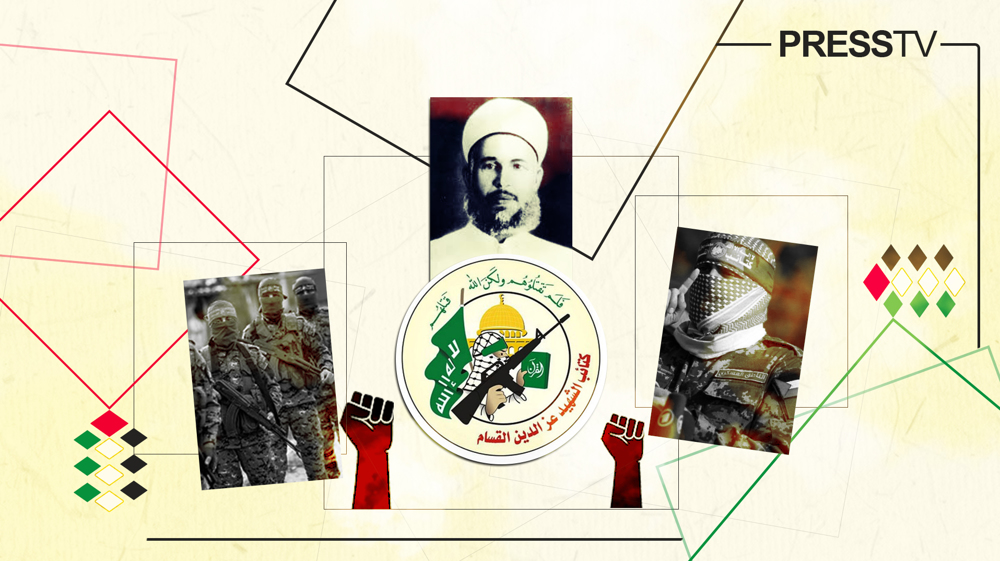
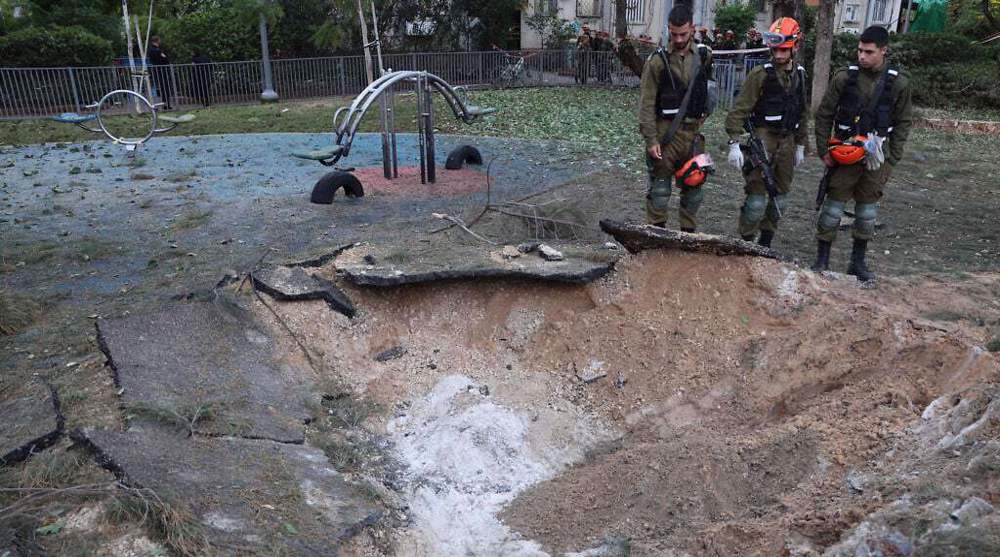
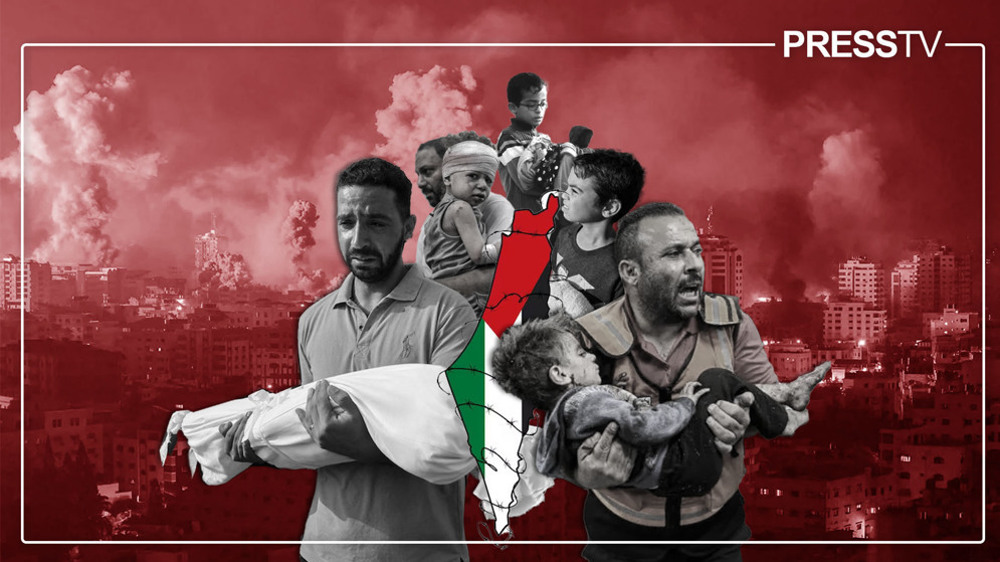



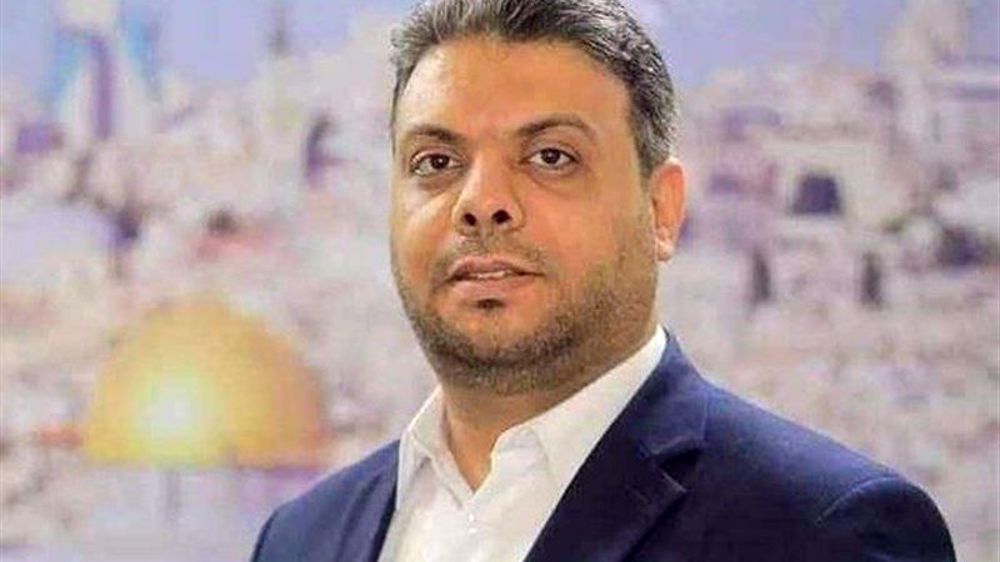
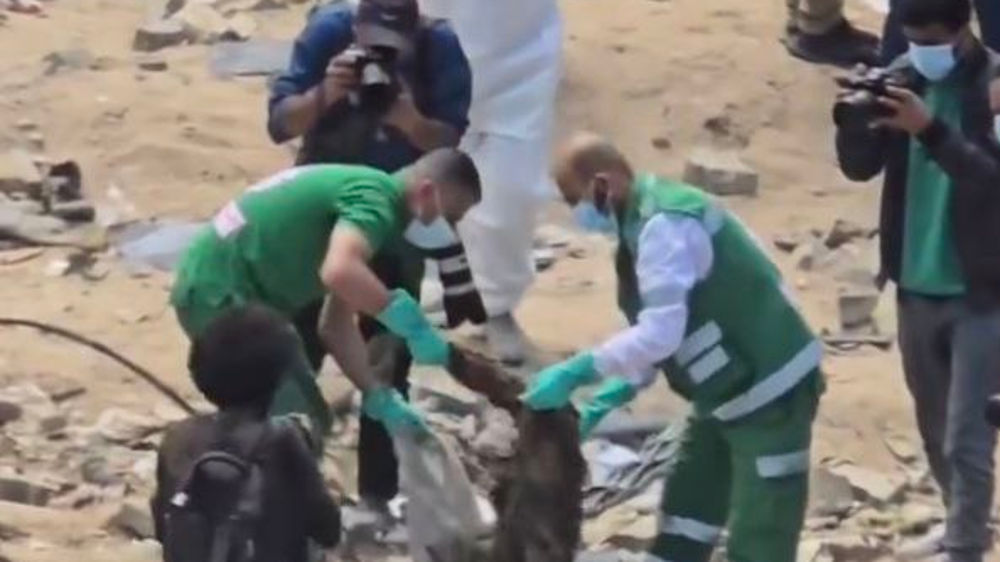
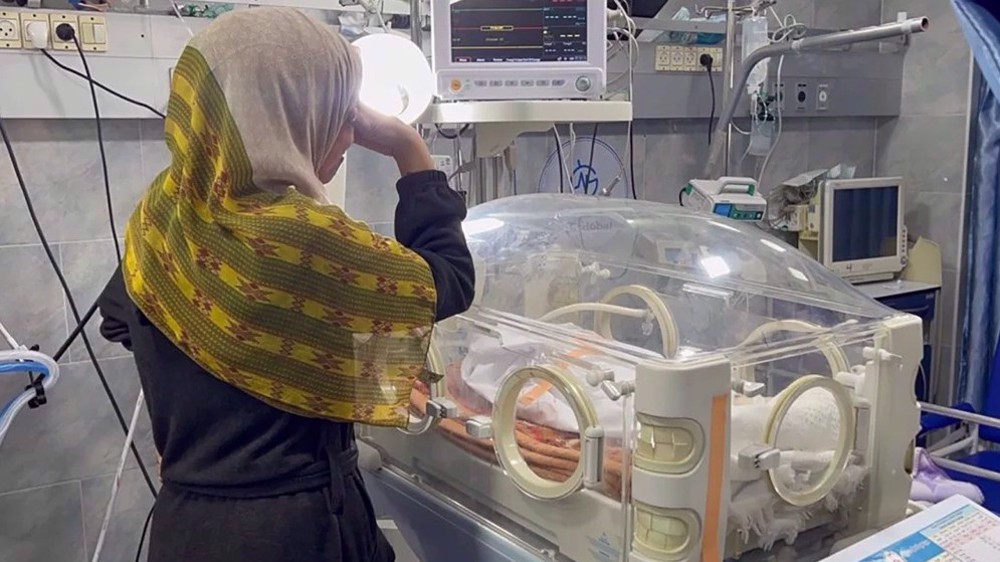
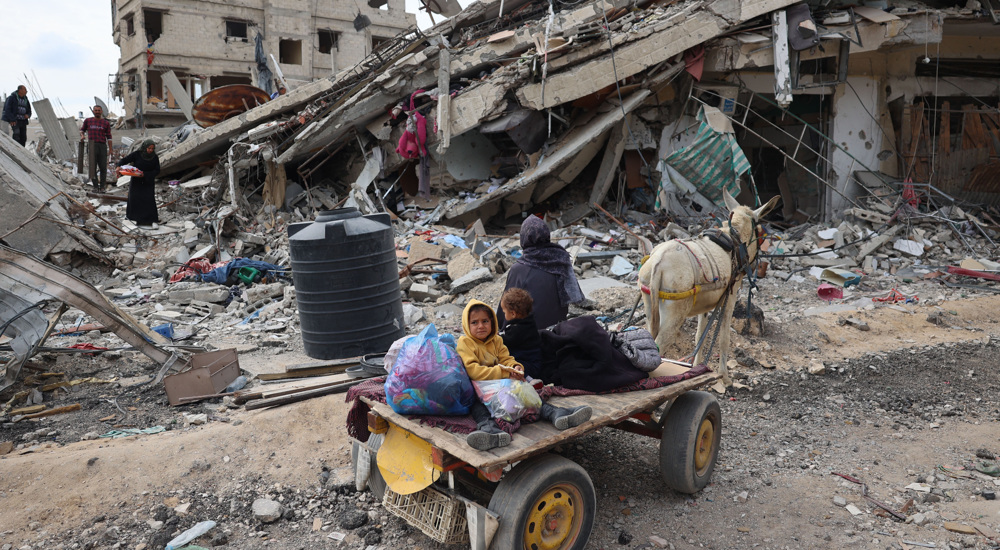
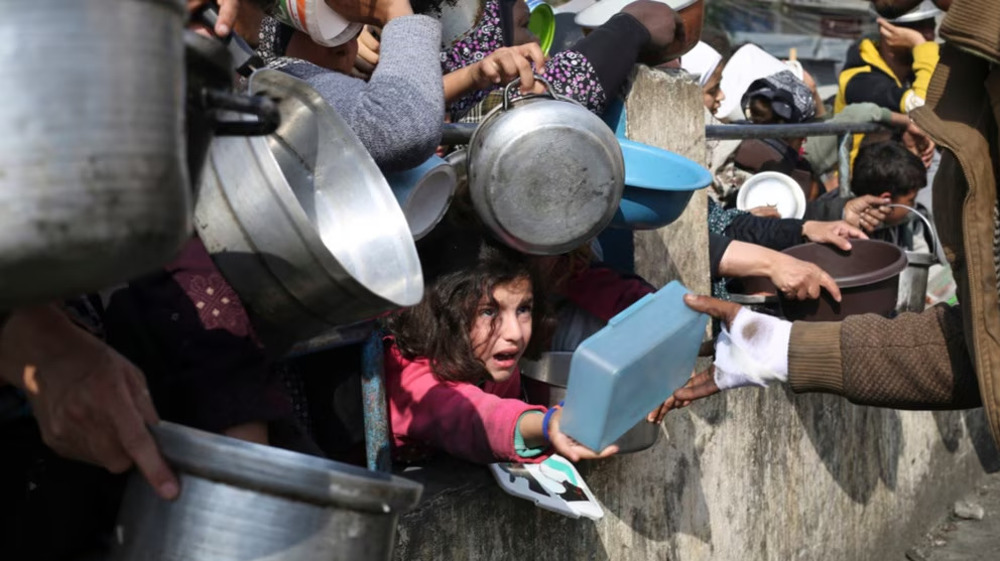

 This makes it easy to access the Press TV website
This makes it easy to access the Press TV website